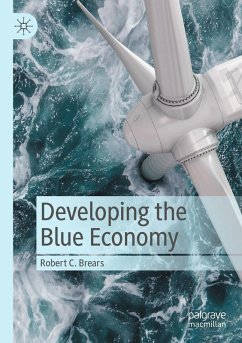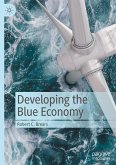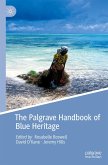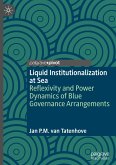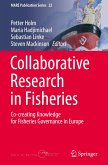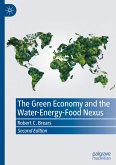Traditionally, the ocean economy is viewed solely as a mechanism for economic growth. In this business-as-usual approach, large-scale industrial economies have developed the ocean economy through the exploitation of maritime and marine resources, often without consideration of how those activities impact the future health or productivity of those same resources. This has led to aquatic ecosystems being viewed and treated as limitless resources; the marine environment becoming a dumping ground for waste; overfishing diminishing fishing stocks; ocean habitats being degraded from coastal developments; sea-level rise impacting coastal communities and infrastructure; increasing ocean acidification; and the marginalisation of poor coastal communities.
Recognising the failings of the traditional ocean economy, there is a transition underway around the world towards the Blue Economy. This concept moves beyond the business-as-usual approach with economic development and ocean health complementary to one another. In the Blue Economy, the environmental risks of and ecological degradation from economic activity are mitigated or significantly reduced. Therefore, economic activity is in balance with the long-term capacity of the ocean ecosystems to support this activity and remain healthy and resilient.
This book will provide an overview of the various technologies used to promote cross-sectoral and multi-scalar collaboration, facilitate the integrated management of sectors and resources, foster partnerships between governments and industry, encourage R&D in new technologies in resource use and management, and scale-up innovative financing mechanisms in the development of a Blue Economy. Also, the book will contain in-depth case studies that illustrate how locations, of differing climates, lifestyles and income levels, have implemented technologies to facilitate the development of the Blue Economy.
Developing the Blue Economy will provide an accessible resource for practitioners and researchers working in the field on the various innovative technologies being implemented around the world to create a Blue Economy.
Recognising the failings of the traditional ocean economy, there is a transition underway around the world towards the Blue Economy. This concept moves beyond the business-as-usual approach with economic development and ocean health complementary to one another. In the Blue Economy, the environmental risks of and ecological degradation from economic activity are mitigated or significantly reduced. Therefore, economic activity is in balance with the long-term capacity of the ocean ecosystems to support this activity and remain healthy and resilient.
This book will provide an overview of the various technologies used to promote cross-sectoral and multi-scalar collaboration, facilitate the integrated management of sectors and resources, foster partnerships between governments and industry, encourage R&D in new technologies in resource use and management, and scale-up innovative financing mechanisms in the development of a Blue Economy. Also, the book will contain in-depth case studies that illustrate how locations, of differing climates, lifestyles and income levels, have implemented technologies to facilitate the development of the Blue Economy.
Developing the Blue Economy will provide an accessible resource for practitioners and researchers working in the field on the various innovative technologies being implemented around the world to create a Blue Economy.

